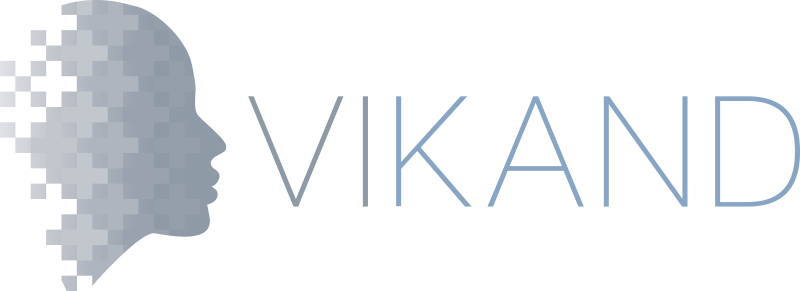
Fostering Diversity in the Maritime Industry
Image Caption: Copenhagen Business School Students Attend VIKAND Celebration
Diversity in the maritime industry has become a critical conversation for employers worldwide, and diversity in the maritime industry is no exception. Fostering DEI principles in the workplace can enrich the lives of current employees, create an environment where all people can thrive, and position employers for long-term resilience.
What is Diversity, Equity and Inclusion in the workplace?
-
Diversity values workers of varied race, ethnicity, gender, gender identity, sexual orientation, age and socioeconomic background;
-
Equity means actively ensuring that company processes are fair, impartial and create equal possible outcomes for all; and
-
Inclusion seeks to ensure that workers feel a sense of comfort, belonging and support while being their authentic selves.
For decades, the maritime industry has discussed how to improve diversity in the maritime industry without making noticeable progress. However, the issue is receiving more attention than ever – and for good reason: the entire industry is facing a global talent shortage and a pressing need to become more innovative.
The good news is that DEI efforts could create direct solutions to these issues and more. Creating a more welcoming and supportive environment for different people will go a long way to solving crucial business and cultural issues for maritime companies. For VIKAND specifically, it will also help support key goals of our vision for Seafarer Human Sustainability.
The Current State of Diversity in the Maritime Industry
The Diversity Study Group Ltd (DSG) is an organization “dedicated to diversity in the maritime industry and inclusion in the workplace across the global shipping and maritime sectors.”
According to a DSG survey, maritime industry leadership shows a noticeable lack of diversity. Respondents in senior management positions overwhelmingly identified as male and white. However, this imbalance was less pronounced at other levels. For example, among female respondents, 51% described themselves as mid-level and 42% were aged 25-34. What this shows is that maritime companies have a healthy number of women in line for future leadership positions.
A few other insights from this survey worth highlighting:
-
Male executives typically receive more – and larger – bonuses than women.
-
Women are twice as likely to say they feel unable to raise concerns about discrimination.
-
Women are more likely to feel unsupported and undervalued for their contributions.
Two other insights from DSG’s 2020 Maritime Employee Report were particularly enlightening. Only 60% of employees felt supported in the workplace and 90% would like their employer to do more to create a workplace where everyone feels valued and able to contribute.
Solutions for a More Equitable Future
One of the most prominent initiatives for DEI at sea is the All Aboard Alliance, of which VIKAND is a proud member. The All Aboard Alliance was established to help increase diversity in the maritime industry in all maritime businesses, both at sea and ashore.
“Diversity, equity, and inclusion are the core elements that every maritime company needs to truly embrace,” says Peter Hult, CEO of VIKAND. “Our corporate team, which is where we can truly make an impact, is 53% women and 47% men. However, just 41% of on-board workers are female, and we will be working to address how we can make that a 50/50 split in the future.”
The All Aboard Alliance’s broader goal is to create a more sustainable, forward-looking and innovative industry that all stakeholders can be proud of. To that end, alliance member organizations have agreed to five key operating principles:
-
Appoint a sponsor within their businesses to lead and ensure accountability with respect to diversity, equity, and inclusion.
-
Equip and educate staff to understand their roles and responsibilities in fostering a DEI workplace.
-
Create and maintain a culture of equity within the organization.
-
Capture data and insights to evaluate progress in DEI and create strategic objectives.
-
Externally communicate progress towards DEI goals annually.
In Conclusion: What is Our Path Forward?
There is, without doubt, a clear need for better diversity in the maritime industry. The overall commercial health and sustainability of all of our businesses depend on attracting and retaining talent, and that can only be possible through a more human-centered approach to labor and wellbeing.


